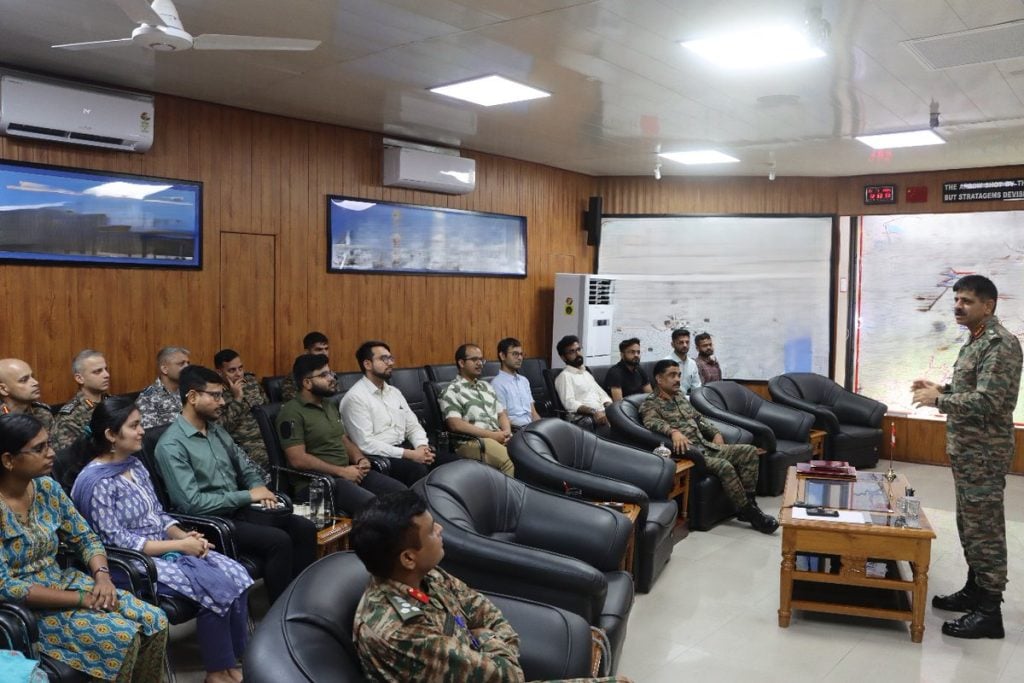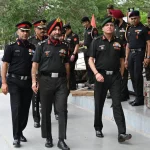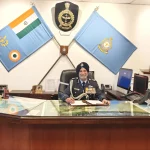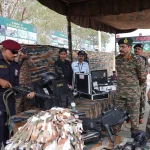In a significant move to integrate diplomacy and defense, Indian Foreign Service (IFS) Officer Trainees recently undertook a forward area tour in Sikkim under the guidance of the Indian Army’s Trishakti Corps. The initiative, hosted at high-altitude posts along the Indo-Tibetan border, aims to expose future diplomats to India’s strategic realities on the ground.
The officer trainees interacted with Lieutenant General Zubin A Minwalla, General Officer Commanding of the Trishakti Corps, at Corps Headquarters. The visit featured a detailed briefing on operational preparedness, regional security concerns, and India’s strategic posture in the eastern sector. A memento was presented to a trainee for exemplary engagement, underlining the program’s focus on excellence and awareness.

The Trishakti Corps, also known as XXXIII Corps, has a rich operational history dating back to its re-raising in 1960. It played a critical role during the 1962 Indo-China war, including the capture of vital Chinese communication equipment. Since June 2024, Lt Gen Minwalla has led the corps, bringing renewed focus on joint preparedness and tactical agility.
The visit comes amid continuing tensions along the Line of Actual Control with China. It also reflects India’s broader strategy of enhancing defense diplomacy—an approach that seeks to synchronize foreign policy with military strategy. According to the Observer Research Foundation, such civil-military exchanges improve India’s strategic engagement with Southeast Asian countries, reinforcing deterrence and regional cooperation through initiatives like the Malabar naval exercises.

The IFS trainees, currently in their probationary period at the Sushma Swaraj Foreign Service Institute after completing a foundation course at the Lal Bahadur Shastri National Academy of Administration, are being introduced to the principles of military diplomacy as part of a holistic training model.
Defense analysts have praised the program as a step forward in preparing India’s diplomats for complex global challenges. “First-hand exposure to operational zones like Sikkim builds vital strategic context for young diplomats and fosters unified national purpose,” said a senior expert from the Institute for Defence Studies and Analyses.
As India looks to secure its interests in the Indo-Pacific and along critical land borders, this initiative marks a proactive stride toward aligning its diplomatic service with its national security framework.













